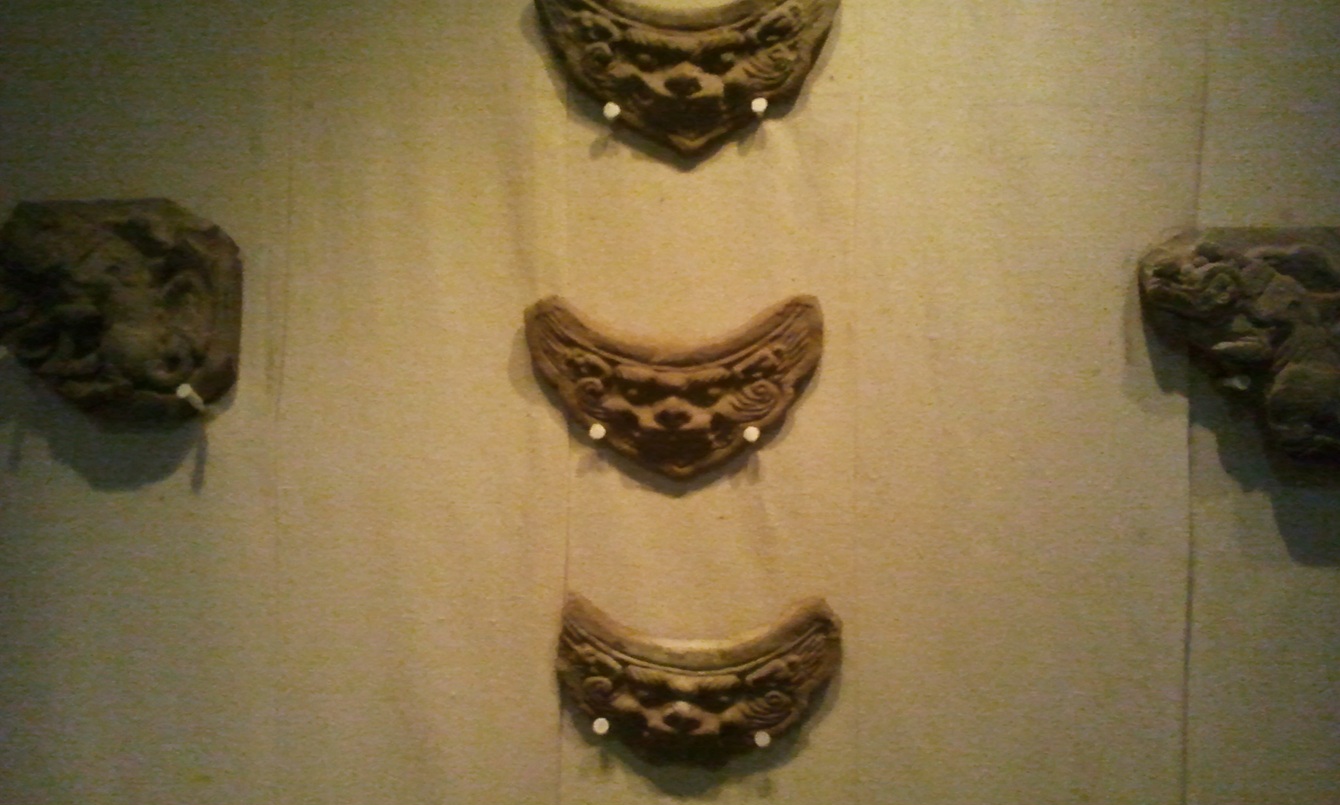|
Ûlziit, Khentii
Ulziit ( mn, ė©ą╗ąĘąĖą╣čé) is a former Ulziit sum center settlement in the eastern part of Kherlen sum (district) of Khentii Province in eastern Mongolia, 53 km from aimag capital ├¢nd├Črkhaan and 297 km from national capital Ulan Bator. According to the National Census 2010 ├¢lziit population is 1,110. Settlement is populated with Uriankhai Uriankhai ( traditional Mongolian: , Mongolian Cyrillic: čāčĆąĖą░ąĮčģą░ą╣; sah, čāčĆą░ą░ęźčģą░ą╣; zh, t=ńāŵóüµĄĘ, s=õ╣īµóüµĄĘ, p=W┼½li├ĪnghŪÄi), Uriankhan (, čāčĆąĖą░ąĮčģą░ąĮ) or Uriankhat (, čāčĆąĖą░ąĮčģą░ą┤), is a term of address applie ... tribe. References Populated places in Mongolia {{Mongolia-geo-stub ... [...More Info...] [...Related Items...] OR: [Wikipedia] [Google] [Baidu] |
Khentii Province
Khentii ( mn, ąźčŹąĮčéąĖą╣) is one of the 21 Aimags of Mongolia, aimags (provinces) of Mongolia, located in the east of the country. Its capital is Chinggis City. The aimag is named after the Khentii Mountains. It is best known as the birthplace and likely final resting place of Tem├╝jin, otherwise known as Genghis Khan. Geography The aimag borders with Russia in the north. The neighbouring aimags are Selenge Province, Selenge in the northwest, T├Čv Province, T├Čv in the west, Govis├╝mber Province, Govis├╝mber in the southwest, Dornogovi Province, Dornogovi in the south, S├╝khbaatar Province, S├╝khbaatar in the southeast, and Dornod Province, Dornod in the east. The border to T├Čv is divided by the city of Baganuur, an administrative exclave of Ulaanbaatar. The northwest of the aimag is covered by the eastern part of the Khentii Mountains, towards the southeast the landscape changes into the eastern Mongolian steppe plains. The mountain Burkhan Khaldun in the Khan Khentii Stric ... [...More Info...] [...Related Items...] OR: [Wikipedia] [Google] [Baidu] |
Mongolia
Mongolia; Mongolian script: , , ; lit. "Mongol Nation" or "State of Mongolia" () is a landlocked country in East Asia, bordered by Russia to the north and China to the south. It covers an area of , with a population of just 3.3 million, making it the world's most sparsely populated sovereign nation. Mongolia is the world's largest landlocked country that does not border a closed sea, and much of its area is covered by grassy steppe, with mountains to the north and west and the Gobi Desert to the south. Ulaanbaatar, the capital and largest city, is home to roughly half of the country's population. The territory of modern-day Mongolia has been ruled by various nomadic empires, including the Xiongnu, the Xianbei, the Rouran, the First Turkic Khaganate, and others. In 1206, Genghis Khan founded the Mongol Empire, which became the largest contiguous land empire in history. His grandson Kublai Khan conquered China proper and established the Yuan dynasty. After the co ... [...More Info...] [...Related Items...] OR: [Wikipedia] [Google] [Baidu] |
├¢nd├Črkhaan
├¢nd├Črkhaan ( mn, ė©ąĮą┤ė®čĆčģą░ą░ąĮ; ; sometimes Undurkhaan), is a town in Mongolia located 290 km east of Ulaanbaatar. On November 18, 2013, the city was renamed to Chinggis City in honor of Genghis Khan, who was born and possibly buried in the same province north of the city. ├¢nd├Črkhaan serves as the capital of the province Khentii Aimag. History On September 13, 1971, Lin Biao died when a Hawker Siddeley Trident he was aboard crashed in ├¢nd├Črkhaan. Geography and climate ├¢nd├Črkhaan shares its location with the Kherlen sum (municipality) and is the most populous part of the Khentii province. ├¢nd├Črkhaan experiences a semi-arid climate (K├Čppen ''BSk'') with long, dry, frigid winters and short, very warm summers. It borders the Kherlen River and is located on a broad flat unprotected plain. In winter, when the river freezes over and the winds howl across the open steppe it can easily reach without the subtraction of wind chill. Economy Coal mining is importa ... [...More Info...] [...Related Items...] OR: [Wikipedia] [Google] [Baidu] |
Ulan Bator
Ulaanbaatar (; mn, ąŻą╗ą░ą░ąĮą▒ą░ą░čéą░čĆ, , "Red Hero"), previously anglicized as Ulan Bator, is the capital and most populous city of Mongolia. It is the coldest capital city in the world, on average. The municipality is located in north central Mongolia at an elevation of about in a valley on the Tuul River. The city was originally founded in 1639 as a nomadic Buddhist monastic center, changing location 28 times, and was permanently settled at its current location in 1778. During its early years, as ├¢rg├Č├Č (anglicized as Urga), it became Mongolia's preeminent religious center and seat of the Jebtsundamba Khutuktu, the spiritual head of the Gelug lineage of Tibetan Buddhism in Mongolia. Following the regulation of Qing-Russian trade by the Treaty of Kyakhta in 1727, a caravan route between Beijing and Kyakhta opened up, along which the city was eventually settled. With the collapse of the Qing Empire in 1911, the city was a focal point for independence efforts, leading ... [...More Info...] [...Related Items...] OR: [Wikipedia] [Google] [Baidu] |
Uriankhai
Uriankhai ( traditional Mongolian: , Mongolian Cyrillic: čāčĆąĖą░ąĮčģą░ą╣; sah, čāčĆą░ą░ęźčģą░ą╣; zh, t=ńāŵóüµĄĘ, s=õ╣īµóüµĄĘ, p=W┼½li├ĪnghŪÄi), Uriankhan (, čāčĆąĖą░ąĮčģą░ąĮ) or Uriankhat (, čāčĆąĖą░ąĮčģą░ą┤), is a term of address applied by the Mongols to a group of forest peoples of the North, who include the Turkic-speaking Tuvans and Yakuts, while sometimes it is also applied to the Mongolian-speaking Altai Uriankhai. The Uriankhai included the western forest Uriankhai tribe and the transbaikal Uriankhai tribe, with the former recorded in Chinese sources as ÕģĆĶē»Õōł (pinyin: ''W├╣li├Īngh─ü''). History The name "Uriankhai' means "uria" (motto, war motto) and khan (lord) in Mongolian. The Mongols applied the name to all the forest peoples and, later, to Tuvans. They were classified by the Mongols as Darligin Mongols. At the beginning of the Mongol Empire (1206-1368), the Uriankhai were located in central Mongolia. In 13th century Yuan China, Rashid-al-Din Hamadani ... [...More Info...] [...Related Items...] OR: [Wikipedia] [Google] [Baidu] |


